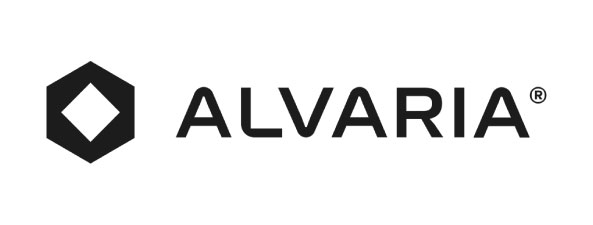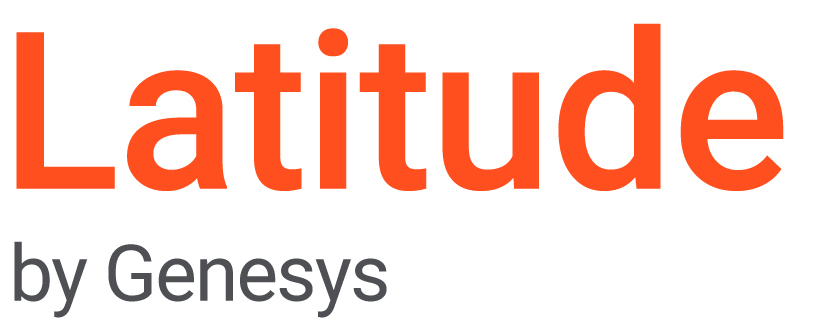As summer approaches, it is becoming increasingly likely that President Biden’s student loan forgiveness plan will be overturned. This development has significant implications for debt collectors, as a large number of student loans could potentially go into collections. In this blog post, we will explore the reasons behind the potential overturn, discuss the challenges that debt collectors may face, and provide guidance on how to prepare for the anticipated influx of student loans entering collections.
Why the Student Loan Forgiveness Plan May Be Overturned
President Biden introduced the student loan forgiveness plan as a way to alleviate the financial burden on millions of Americans who are struggling with student loan debt. However, the plan has faced considerable opposition from lawmakers who argue that it is not the right solution to the student loan crisis. Key concerns include the high cost to taxpayers, a perceived unfairness to those who have already paid off their loans, and questions about the effectiveness of forgiveness as a long-term solution.
As a result, the plan may be overturned in the coming months, leading to many student loans being sent to collections agencies.
Challenges for Debt Collectors
Debt collectors will face several challenges in the wake of the potential overturn:
- Increased volume: With a significant number of student loans entering collections, agencies will need to handle a higher volume of cases, potentially straining their resources and infrastructure.
- Public sentiment: Many borrowers are likely to feel frustrated and betrayed by the government’s decision to overturn the forgiveness plan. As a result, debt collectors may face heightened resistance from borrowers when attempting to collect on these loans.
- Financial hardship: The pandemic and its economic repercussions have left many borrowers in precarious financial situations. Debt collectors must navigate the delicate balance between recovering funds and empathizing with borrowers’ struggles.
How Debt Collectors Can Prepare
To manage the anticipated influx of student loans into collections, debt collectors should consider the following strategies:
- Expand capacity: Agencies should evaluate their current resources and infrastructure to determine whether they can handle an increased volume of cases. This may involve hiring additional staff, investing in technology to streamline processes, or partnering with other agencies to share resources.
- Improve communication: Clear and empathetic communication is crucial when dealing with borrowers, particularly in light of the potential overturn of the forgiveness plan. Debt collectors should ensure that their staff is trained in effective communication techniques and that they are aware of the challenges and emotions that borrowers may be experiencing.
- Offer flexible repayment options: Given the financial hardship many borrowers face, offering flexible repayment options can help make it easier for them to manage their debt. This might include income-driven repayment plans, extended repayment terms, or temporary forbearance options.
- Stay informed: Debt collectors should stay current on changes in legislation or regulations related to student loans. This will ensure they are equipped to navigate the evolving landscape and provide accurate information to borrowers.
The potential overturn of President Biden’s student loan forgiveness plan is a significant development for debt collectors, as it is likely to result in a large number of student loans entering collections. By preparing for these challenges and adopting effective strategies, debt collectors can navigate this period of uncertainty and better support borrowers in managing their student loan debt. If your company is not yet prepared for the increase in collections, TEC Services Group can help. Our professional services are personalized to your needs, making us an extension of your team. If you’re ready to learn more, visit our professional services page here or call us at 941.375.0300.







